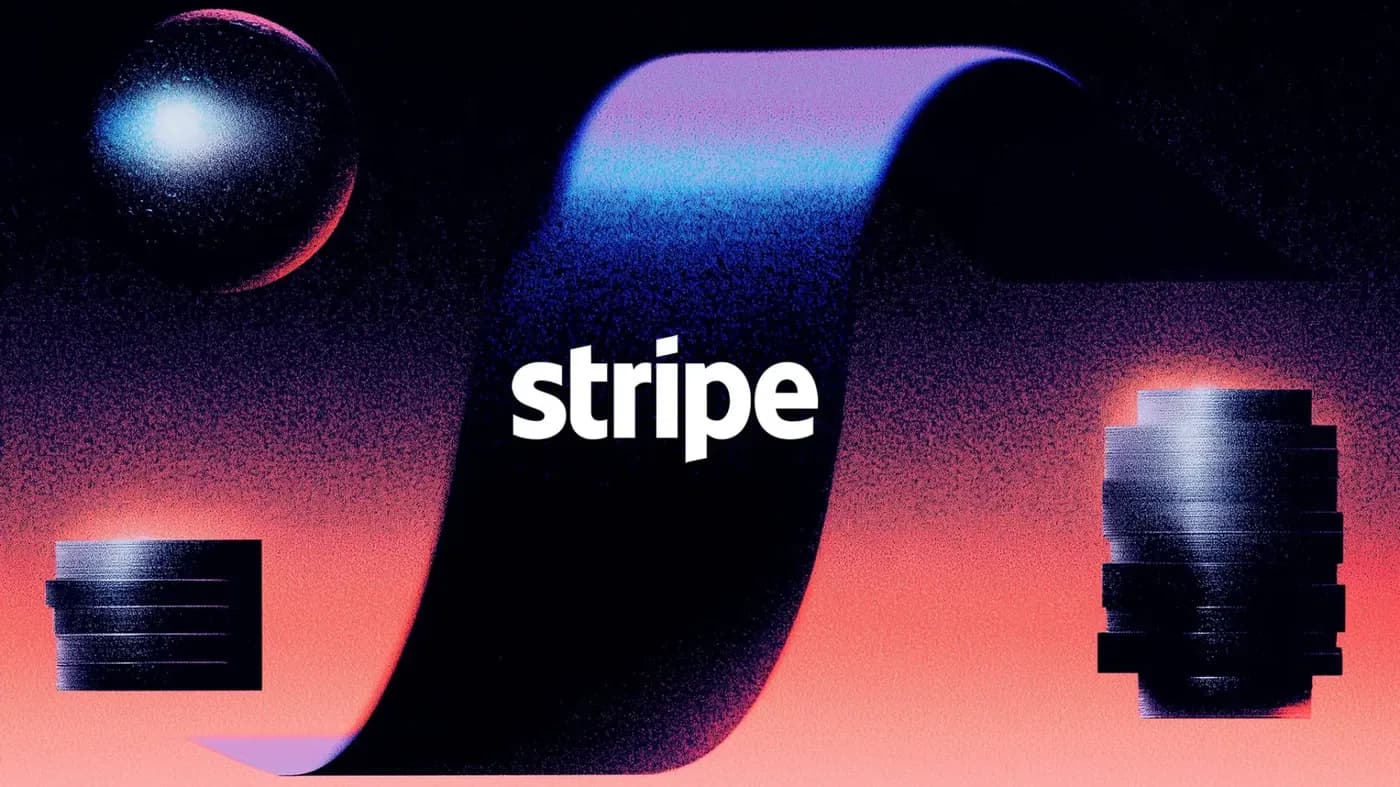Paradigm-Backed Tempo L1 Aims for 100,000+ TPS Payments, Complementing Existing Blast L2's Yield Focus

The blockchain investment landscape is seeing diversified strategies from major players, as highlighted by a recent social media query regarding Paradigm's involvement in two distinct blockchain projects. Fintech giant Stripe and crypto venture firm Paradigm recently unveiled Tempo, a new Layer-1 (L1) blockchain purpose-built for high-volume payments. This announcement has prompted questions from observers like Twitter user '🪱🕊️', who queried:
"My biggest question about Paradigm doing @tempo is why a new L1 when they already incubated @blast?"
Tempo, incubated by Stripe and Paradigm, with Paradigm co-founder Matt Huang leading the initiative, is designed as an EVM-compatible L1 specifically for financial services applications. It aims to facilitate remittances, tokenized deposits, and micro-transactions, promising over 100,000 transactions per second (TPS) and sub-second finality. The project seeks to address the perceived limitations of existing blockchains for high-throughput, low-latency payment use cases, and is already collaborating with major entities such as OpenAI, Anthropic, Deutsche Bank, and Shopify.
In contrast, Blast, an Ethereum Layer-2 (L2) scaling solution, was launched in November 2023 by the team behind the NFT marketplace Blur. Blast distinguishes itself with a native yield offering, providing passive income on ETH and stablecoins, and has rapidly grown to become the second-largest L2 by total value locked (TVL) with over $1.65 billion. Operating as an optimistic rollup, Blast focuses on improving the efficiency and user experience of decentralized applications by offering faster and cheaper transactions on top of Ethereum's security.
The apparent overlap, as questioned by the tweet, underscores a strategic diversification within Paradigm's portfolio. While both projects aim to advance blockchain adoption, they target different segments and layers of the ecosystem. Tempo is positioned as a foundational L1 for enterprise-grade, high-frequency payment processing, emphasizing a new base layer for stablecoin transactions. Blast, conversely, serves as an L2 solution, enhancing Ethereum's scalability and offering direct yield generation for users within the decentralized finance (DeFi) space. This suggests a complementary approach to fostering innovation across various blockchain applications.